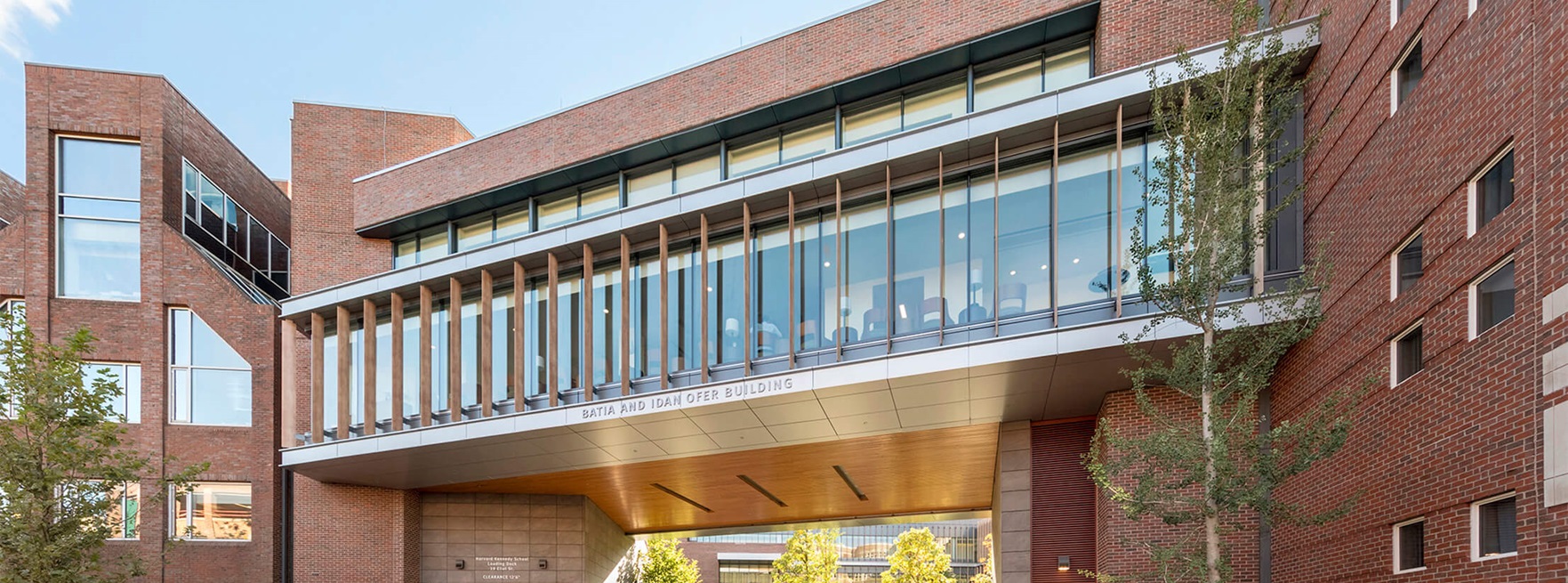
About Me
Welcome to my website! I am a Postdoctoral Fellow at Harvard Kennedy School’s Ash Center. Prior to this, I was a Visiting Assistant Professor at Brown University’s Political Science Department. I hold a Ph.D. in Political Science from Brown University and a M.A. in Regional Studies-East Asia from Harvard University.
My research lies at the intersection of state-society relations, the political economy of development, and the evolution of subnational-level institutions. I concentrate regionally in China but have broad interests in studying the above-mentioned issues across the Global South. In particular, I study how patterns of state-society relations impact a society’s capacity to achieve various collective actions such as market development, state building, and welfare delivery. My research uses large-scale micro-level original data, particularly grassroots-level archival data, to understand and explain macro-level social and economic phenomena.
My dissertation and book project explores the institutional and historical origins of China’s post-1978 economic success. It starts with the puzzle of how and why contrary to conventional understandings, some localities in China saw a persistent expansion of market and semi-market institutions in the formal economy even during the socialist planned era (1956-1978). By contrast, in other localities, market elements only existed in the secondary economy throughout the same period. Such subnational variations in market development during the pre-reform era, I argue, partly constitute the origins of the widening economic gap between different provinces of China that opened up at the onset of the market reform in 1978. Contrary to conventional wisdoms that often attribute market development in nondemocracies to either top-down central market reforms or to bottom-up resilient commercial norms and networks, my book project focuses on the role that local deliberative governance plays in fostering and expanding formal rule-based market institutions. I argue that localities with historically strong deliberative institutions tend to have greater capacities for preserving and expanding horizontal markets despite countervailing central policies. By doing so, my book project sheds light on the relationship between political institutions and economic development. It reveals that more participatory political institutions could pave the way for market capitalism rather than vice versa.